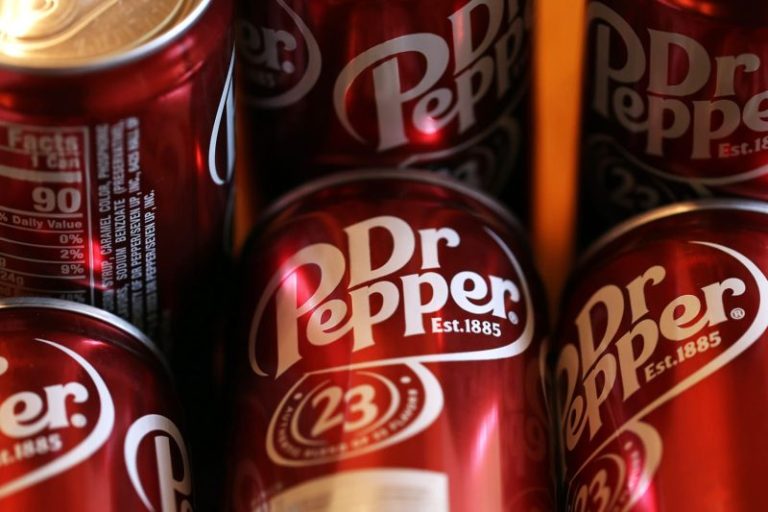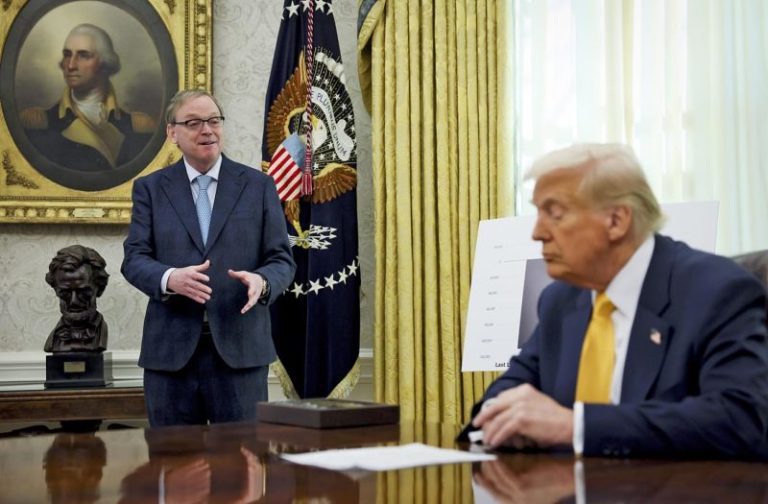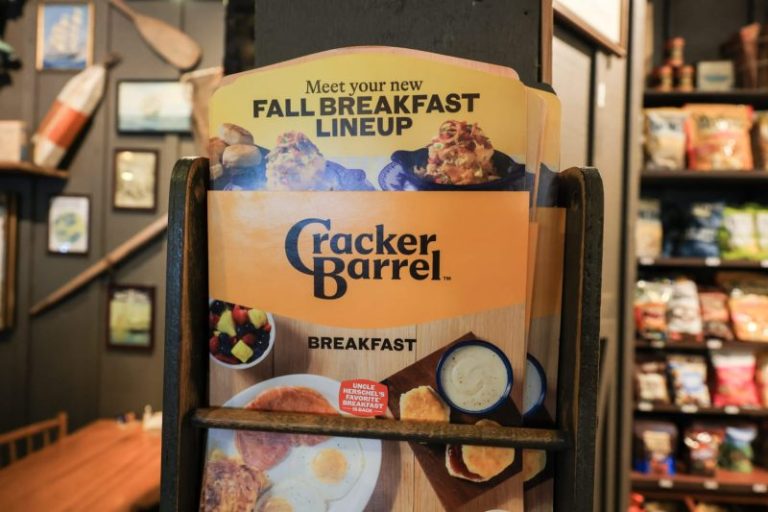The U.S. government could take equity stakes in more companies, potentially through an American sovereign wealth fund, according to one of President Donald Trump’s top economic advisers.
National Economic Council Director Kevin Hassett made the comments Monday, days after the United States took a nearly 10% stake in Intel. The government secured a piece of the semiconductor maker with money intended for grants as part of the CHIPS and Science Act, passed during the Biden administration.
Speaking about the new Intel position, Hassett told CNBC: “It’s like a down payment on a sovereign wealth fund, which many countries have.” Governments throughout Europe, Asia and the Middle East use such funds to invest in companies and other financial assets.
The federal government has taken ownership stakes in private companies before, but only under extraordinary circumstances, such as during the global financial crisis of 2008.
Hassett said the Intel investment was a ‘very, very special circumstance because of the massive amount of CHIPS Act spending that was coming Intel’s way.’
He added: “So I’m sure that at some point there’ll be more transactions, if not in this industry, in other industries.’
The CHIPS Act was established as a way for the government to provide financing and capital to foreign and domestic companies that manufactured semiconductors and related products in the United States.
Americans and the American economy received the benefit of more than $200 billion in private capital investments since the act was signed into law, according to the Council on Foreign Relations. Many companies also announced plans to create new U.S. manufacturing and construction jobs.
Hassett has said the money was ‘going out and disappearing into the ether.’
He has also said, ‘We’re absolutely not in the business of picking winners and losers.’ However, the United States is now Intel’s largest single shareholder. The administration has also taken a ‘golden share’ in U.S. Steel as part of approving its merger with Japan’s Nippon Steel. Trump also said he negotiated with Nvidia CEO Jensen Huang to take a 15% cut of the chipmaker’s revenue from some chips sold in China. He also has a similar deal with rival chipmaker AMD.
Later Monday, Trump said, ‘I want them to do well anyway, but I want them to do well in particular now.’
He added, ‘I hope I’m going to have many more cases like’ the Intel stake. Asked whether taking equity stakes in private companies was the new way of doing business in the United States, Trump responded: ‘So are tariffs.’
After Hassett’s interview, Trump said on Truth Social: ‘I PAID ZERO FOR INTEL, IT IS WORTH APPROXIMATELY 11 BILLION DOLLARS. All goes to the USA.’ He also said he would ‘help those companies that make such lucrative deals with the United States.’
It was unclear why Trump said the United States did not pay anything for the stake. The government purchased 433.3 million Intel shares at $20.47 each, which equates to $8.9 billion.
Trump has also pushed companies to change course on key products, such as when he pre-emptively announced that Coca-Cola would add cane sugar to an American version of its namesake product.
Trump has also threatened firms such as Amazon, Mattel, Hasbro and Walmart with retaliation for hiking prices as a result of his sweeping global tariff regime.
Trump intervention in private industry has sparked widespread criticism, some of it from Republicans. Trump’s former U.N. ambassador Nikki Haley, a former Boeing board member, said on X: ‘Intel will become a test case of what not to do.’
After the CNBC interview, NBC News asked Hassett about setting up a sovereign wealth fund.
‘As we acquire things like Intel, then there’s sort of a question of where it goes and it’s held by the U.S. Treasury. And if the U.S. Treasury has more of that stuff, that is starting to look like [a] sovereign wealth fund, whether an official sovereign wealth fund is established is another question,’ he said.
‘But it’s not unprecedented for the U.S. to own equity’ in private companies, he added.
The United States took equity stakes in private companies during the global financial meltdown of 2008 and 2009.
Then, it bought troubled assets and took equity stakes in the likes of JPMorgan, Wells Fargo, Citigroup, Bank of America, AIG and other systemically important firms to stabilize the global financial system.
Trump has expanded his power over the business world, fueled by his view that the U.S. economy is like ‘a department store, and we set the price.’
‘I meet with the companies, and then I set a fair price, what I consider to be a fair price, and they can pay it, or they don’t have to pay it,’ Trump said in an April interview.
This post appeared first on NBC NEWS




